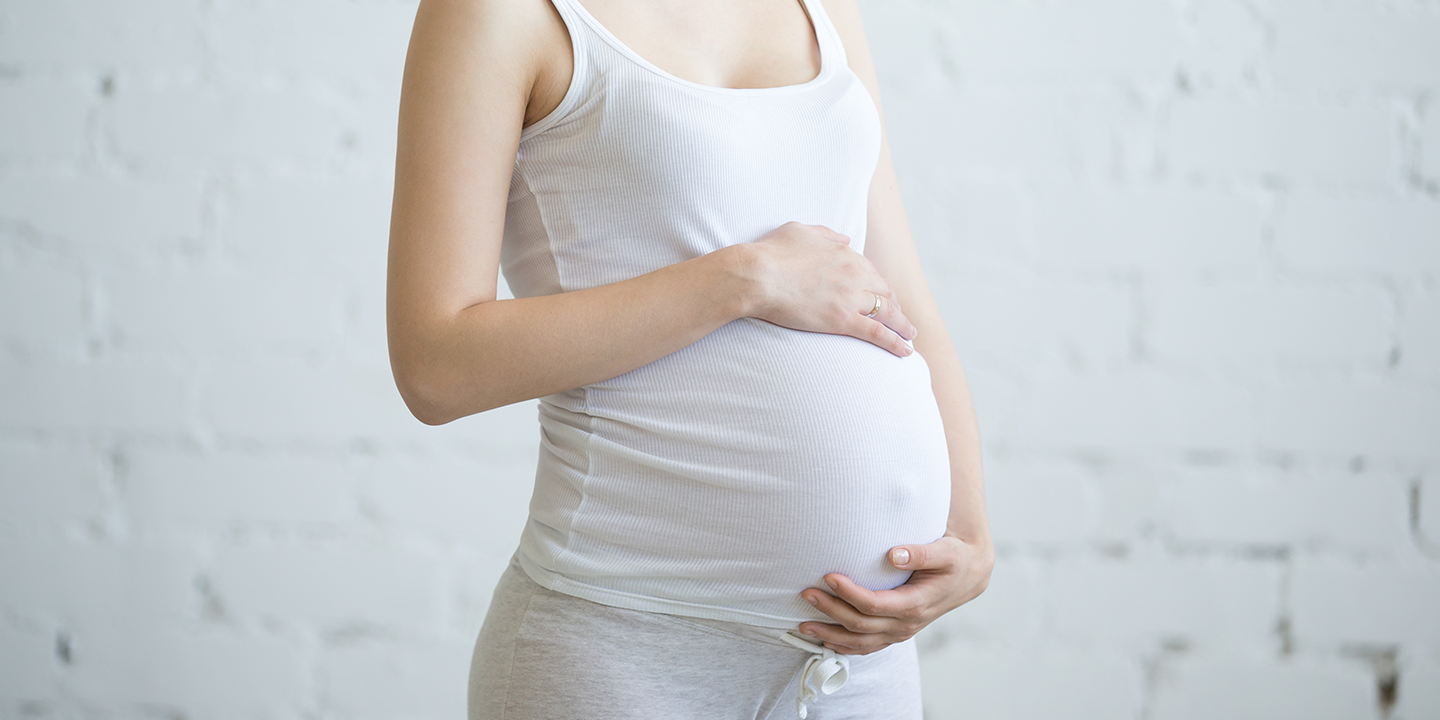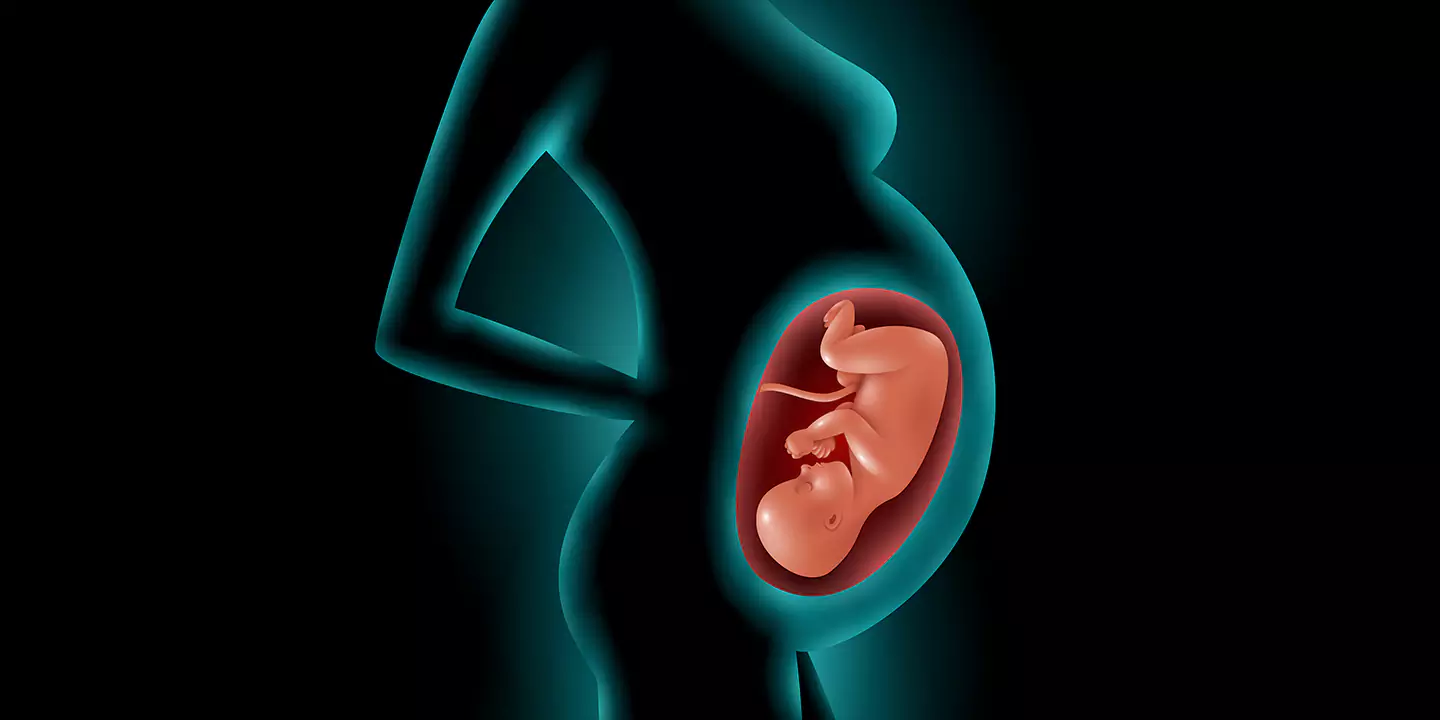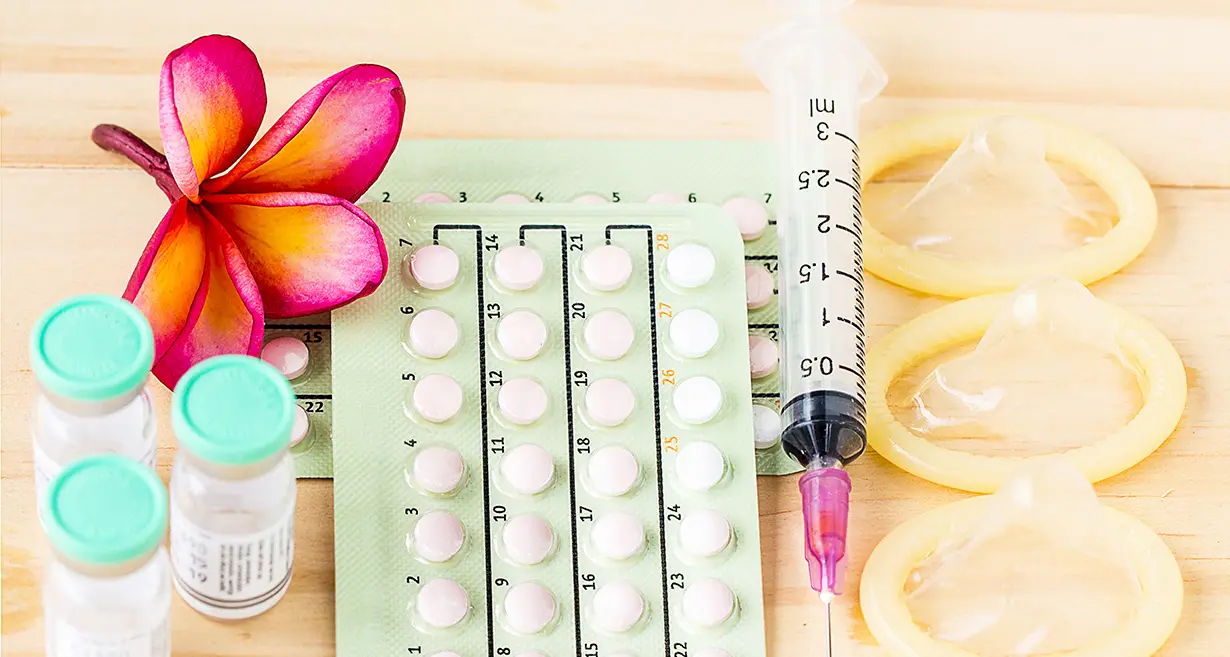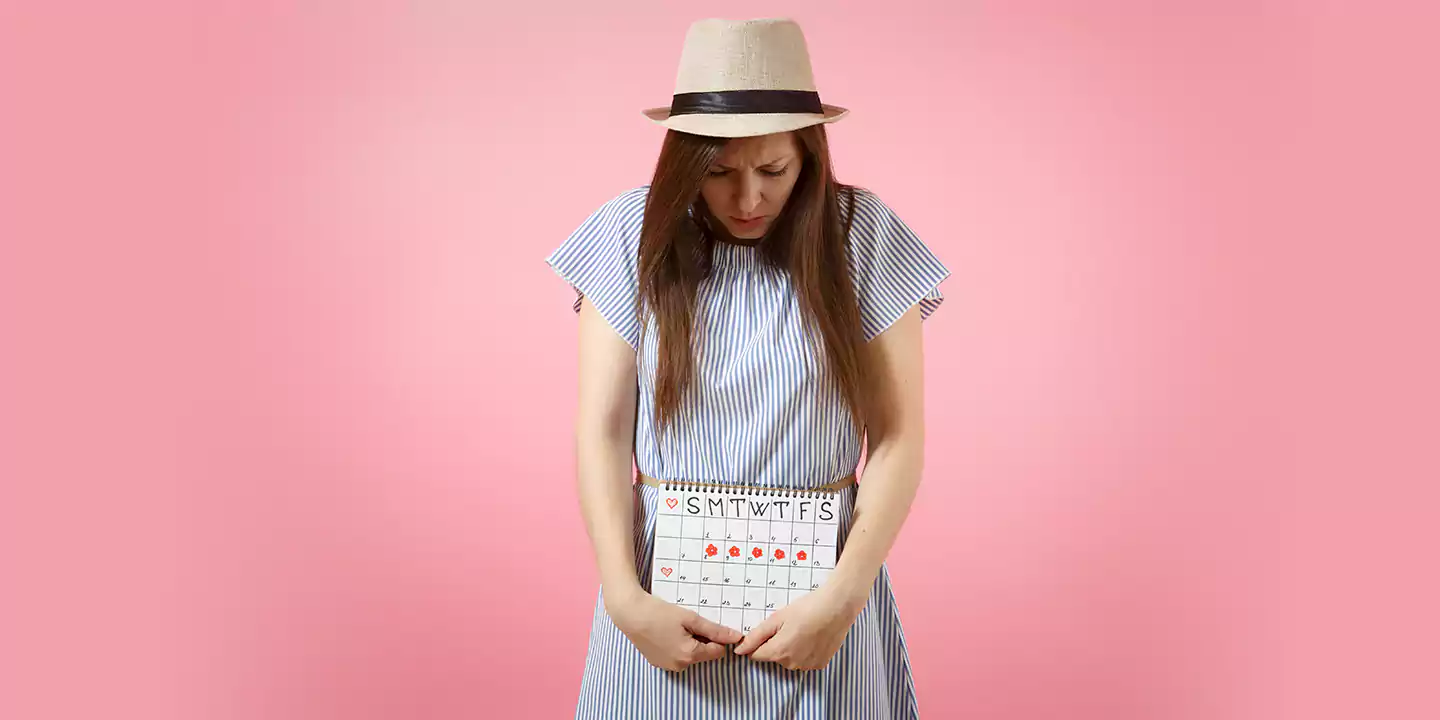
Risk content: Every passing week during pregnancy brings you one step ahead to the arrival of your loved one. 32 weeks pregnant means that you are in your third trimester, in which you have a lot to do and think. Not only do you experience physical and emotional changes, but you are also busy checking things to prepare for your newborn baby. Your baby is still moving at this stage but will soon be at its correct birth position. Suppose you are planning to conceive or else have already started your pregnancy journey. In that case, the first thing is to consult an expert gynecologist to help you in your pregnancy journey and to support you with successful delivery. QUEEN’S GYNECOLOGY is among the best pregnancy clinics in Delhi, providing expert gynecologists to help you.
Related Blog: 31 Week Pregnant: Symptoms, Tips, and Baby Development
In this Article
32 weeks pregnant– important tips to follow
At this stage of pregnancy, you will be in your eighth month, and your unborn baby has likely turned its head down in the uterus, already prepared for birth. You must notice the changes in your baby’s movements as they have less space to move around. There are many things to consider at 32 weeks pregnant :
- It is vital to keep an eye on symptoms like sudden weight gain, change in vision, persistent headaches, pains in the upper abdomen or shoulder, and swelling. If you notice any symptoms, like severe cramping, vaginal bleeding, fever, severe vomiting, intense heartburn, and loss of liquid from the vagina, then tell your gynecologist right away to manage it well.
- It is best to take care of your diet and eat a mix of fruits and vegetables. Make sure to have a variety of these diets and have a diverse range of minerals, vitamins, and fiber. Also, take care of the quantity as it matters a lot.
- Stock up on your postpartum products, as it will be fun to shop for your newborn.
- 32 weeks pregnant needs a regular prenatal checkup with the gynecologist, and when you are at 36 weeks, these checkups will be increased.
Related Blog: 8 Surprising Things Unborn Babies Usually Do In The Womb
32 weeks pregnant symptoms
As baby grows in their space in the uterus, they may experience different types of symptoms or changes in many ways. Symptoms are related to belly size, aches, pains, and heartburn, or else it may also be getting worse. Some common symptoms at 32 weeks of pregnancy are:
- You will experience a change in movement as babies get more nigger and have less room to move. You will notice that bold kicks will be changing into knocks, nudges, squirms, and wiggles. If you notice a decrease in the baby’s activity or movements, you must discuss it with your gynecologist.
- Heartburn is common during this phase, and if you experience it from the initial weeks, then it can worsen up to the third trimester. It is necessary to take more care and manage discomfort. You must avoid bending just after a meal. Eat frequent small meals and also eat slowly to manage heartburn.
- Leg cramps during this time are sharp and especially painful in the calves. It is a common symptom of 32 weeks pregnant and can be managed by massage.
- A bout of diarrhea around 32 weeks pregnant is also common. Try to drink plenty of water and stay hydrated.
- You may also experience pregnancy brains and may experience symptoms like forgetfulness and difficulty concentrating.
Related Blog: 30 Week Pregnant: Symptoms, Tips and Baby Development
32 weeks pregnant is how many months
If you are wondering how many months pregnant you are when you are 32 weeks. Then, it is the end of the eighth month of pregnancy. Your baby’s organs are now formed, and there are some finishing touches on their growth and brain development. Your baby can smell, but because of a lack of air in the womb, it cannot smell yet. Also, your baby’s skin is starting to thicken, and bones are continuing to harden. The baby will be around 1.8 kilograms this week and just under 50 cm long.
32 weeks pregnant – Baby development
At 32 weeks, your baby is about 29.3 cm from the top of their head to the bottom of their buttocks. The baby’s height is about 41.6 cm from the top of the head to the heel, and the baby will weigh over 4 pounds.
- At this stage, your baby will start pitting brown fat, which is a type of fat that keeps warm after leaving the womb in the middle of the second trimester. Baby has also increased production of protein along with enzymes needed for generating body heat that helps to regulate body temperature.
- All of the fetus’s main organs except the lungs are now fully developed. There are some skin changes as well as the skin of your baby is opaque instead of transparent and will now be extra active in moving, kicking, etc.
Related Blog: 29 Week Pregnant: Symptoms, Tips and Baby Development
Why choose Queen’s Gynecology for your pregnancy journey?
Choosing the right gynecologist for pregnancy ensures a great bond with an experienced person who will support you throughout the pregnancy period and after the delivery. QUEEN’s Gynecology is a trusted name among the best pregnancy clinics in Delhi, with experienced gynecologists who are friendly, helpful, responsive, reliable, and patient to make your pregnancy journey comfortable. You can grow outstanding trust when you have a supporting hand on your shoulder. Patients needing Visits to your gynecologist will become more frequent in later pregnancy. QUEEN’S GYNECOLOGY is among the best clinics in Delhi, offering the best maternity services at Queen’s Gynecology. Here, specialists will help you with a comprehensive diagnosis as well as a holistic treatment approach to elevate your chances of a successful conception.
Conclusion
When you are 32 weeks pregnant, women must have regular visits to the gynecologist for routine checkups. During this time, high blood pressure readings are recommended during prenatal visits. It is important to take care of yourself and know everything during your prenatal visit. A routine cervical exam is also recommended in every visit. The expert gynecologist will take care of your health at this phase and may also recommend some key points to handle all physical and emotional issues. Schedule your appointment with the best gynecologist at QUEEN’S GYNECOLOGY to get proper and needed care for a successful journey.
| Week | Pregnancy Symptoms | Tips and Advice | Baby Development |
|---|---|---|---|
| Week 1 | – Missed period | – Take a home pregnancy test | – Fertilization occurs |
| Week 2 | – Tender breasts | – Begin taking prenatal vitamins | – Blastocyst implants in the uterus |
| Week 3 | – Fatigue | – Schedule your first prenatal visit | – Embryonic development begins |
| Week 4 | – Morning sickness starts | – Avoid alcohol, smoking, and caffeine | – Neural tube forms |
| Week 5 | – Increased urination | – Eat a balanced diet | – Heart starts beating |
| Week 6 | – Mood swings | – Stay hydrated | – Brain and head development |
| Week 7 | – Constipation | – Start gentle exercise | – Limb buds form |
| Week 8 | – Food cravings | – Get plenty of rest | – Webbed fingers and toes develop |
| Week 9 | – Weight gain begins | – Avoid raw or undercooked foods | – Tail disappears, now considered a fetus |
| Week 10 | – Visible baby bump | – Wear comfortable clothing | – Organs continue to develop |
| Week 11 | – Darkened areolas | – Practice relaxation techniques | – Baby can swallow and produce urine |
| Week 12 | – Reduced nausea | – Consider prenatal classes | – Sex organs distinguishable |
| Week 13 | – Increased energy | – Continue regular check-ups | – Baby’s fingerprints form |
| Week 14 | – Less frequent urination | – Plan for maternity leave | – Baby’s facial muscles develop |
| Week 15 | – Quickening (baby moves) | – Do pelvic floor exercises | – Baby can make facial expressions |
| Week 16 | – Round ligament pain | – Stay active with low-impact exercises | – Develops sense of hearing |
| Week 17 | – Nasal congestion | – Consider a prenatal massage | – Baby’s skeleton starts hardening |
| Week 18 | – Belly button changes | – Stay well-hydrated | – Vernix caseosa covers the skin |
| Week 19 | – Braxton Hicks contractions | – Eat small, frequent meals | – Baby’s kicks become stronger |
| 20 | – Leg cramps | – Begin monitoring baby’s movements | – Baby is covered in lanugo (fine hair) |
| Week 21 | – Shortness of breath | – Sleep on your side | – Eyebrows and eyelashes appear |
| Week 22 | – Linea nigra (skin darkens) | – Practice relaxation techniques | – Rapid brain development |
| Week 23 | – Backache | – Consider prenatal yoga or swimming | – Baby can recognize your voice |
| Week 24 | – Swollen ankles | – Elevate feet when sitting or lying | – Lungs continue to mature |
| Week 25 | – Increased appetite | – Continue regular prenatal check-ups | – Baby may respond to loud noises |
| Week 26 | – Heartburn | – Sleep with extra pillows for support | – Eyes open for the first time |
| Week 27 | – Braxton Hicks intensify | – Pack your hospital bag | – Baby can hiccup |
| Week 28 | – Trouble sleeping | – Monitor blood pressure | – Baby’s kicks become more regular |
| Week 29 | – Shortness of breath | – Avoid lifting heavy objects | – Baby’s bones fully developed |
| Week 30 | – Swollen hands | – Stay hydrated and avoid salt | – Baby may be head-down in preparation for birth |
| Week 31 | – Increased vaginal discharge | – Take childbirth classes | – Baby’s immune system develops |
| Week 32 | – Hemorrhoids | – Practice perineal massage | – Baby’s toenails and fingernails grow |
| Week 33 | – Trouble finding a comfortable position to sleep | – Rest and nap when possible | – Baby’s bones start to harden further |
| Week 34 | – Frequent urination | – Prepare for maternity leave | – Baby’s central nervous system matures |
| Week 35 | – Braxton Hicks increase | – Avoid prolonged standing or sitting | – Baby’s skin becomes less wrinkled |
| Week 36 | – Pelvic pressure | – Finalize birth plan | – Baby continues to gain weight |
| Week 37 | – Lightening (baby drops) | – Stay active with walking | – Baby’s head positions for birth |
| Week 38 | – Fatigue increases | – Do pelvic exercises | – Baby’s lungs are fully mature |
| Week 39 | – Cervix effacement | – Rest and conserve energy | – Baby’s immune system continues to develop |
| Week 40 | – Contractions begin | – Monitor contractions | – Baby’s digestive system is ready for breast milk |
| Week 41 | – Dilation of cervix | – Stay calm and patient during labor | – Baby’s head molds to fit through the birth canal |
FAQ’s
Some mothers experience postpartum depression and anxiety, and it is best to consult your gynecologist to get the support and help you need to manage it well.
When you are 32 weeks pregnant, you must avoid foods that can worsen symptoms, like spicy foods, caffeine, etc., avoid bending, and do not eat before bedtime.
The position of the baby is lying with its head pointing downwards, ready for birth. If the baby is not in this position, then there is still time that they may turn back to this one.
There is no specific number of kicks that you should feel at 32 weeks pregnant. When you know exactly how many movements you feel during a day, you can discuss the increase or decrease in that number with your gynecologist.

























































































































































































